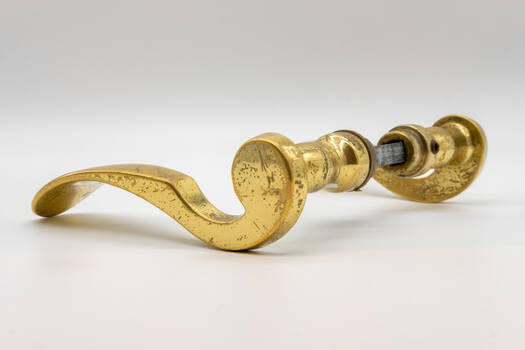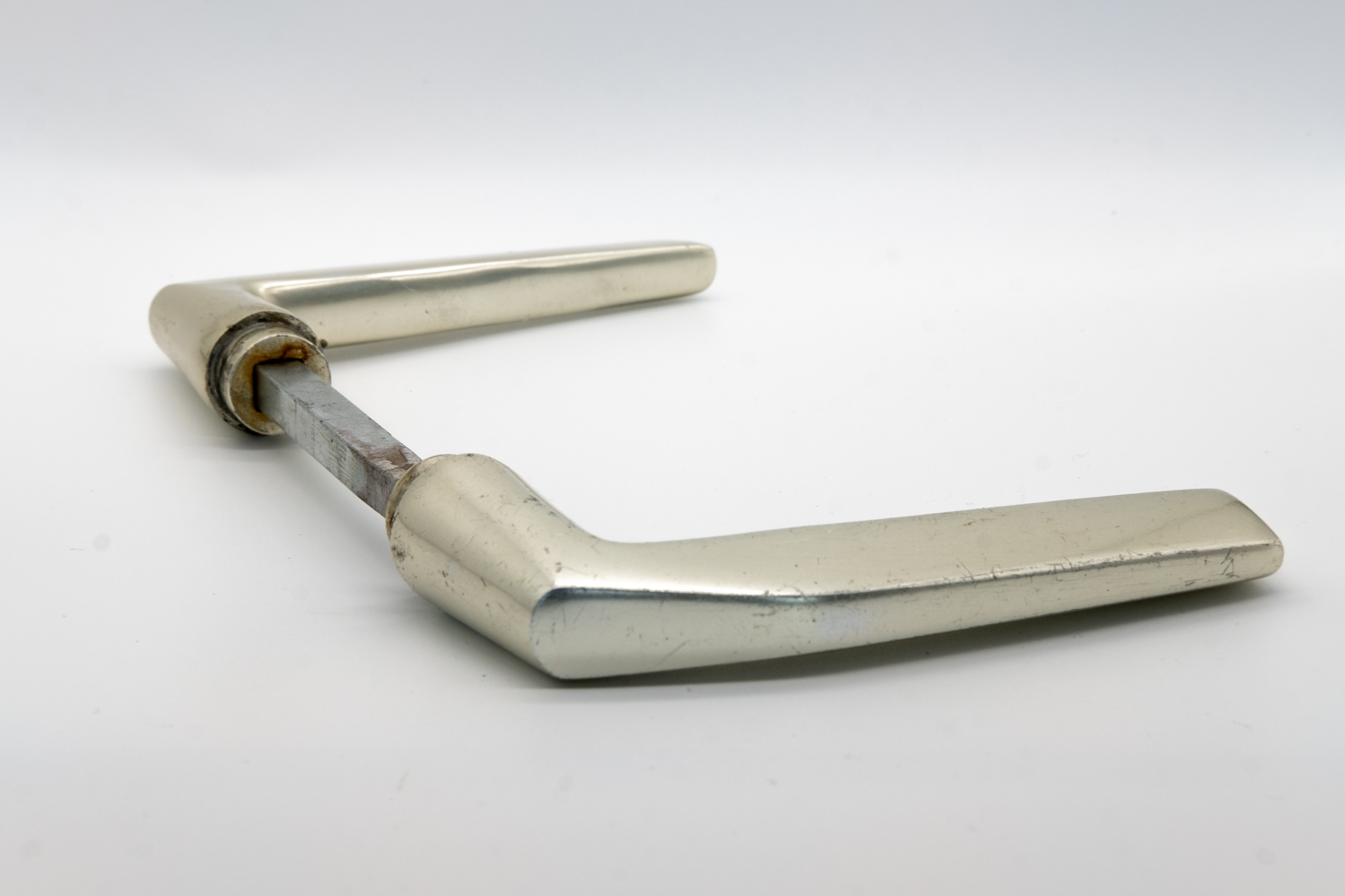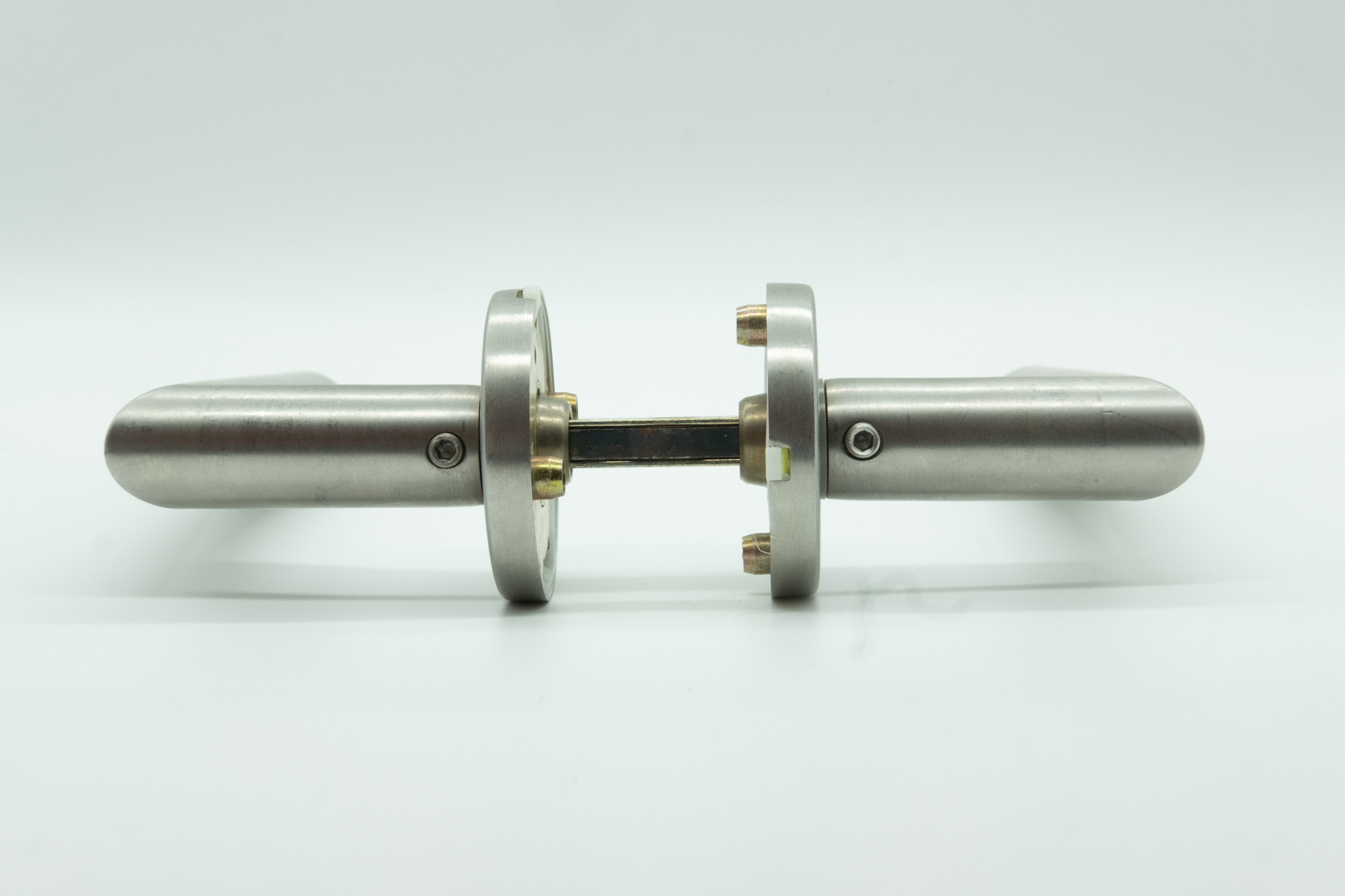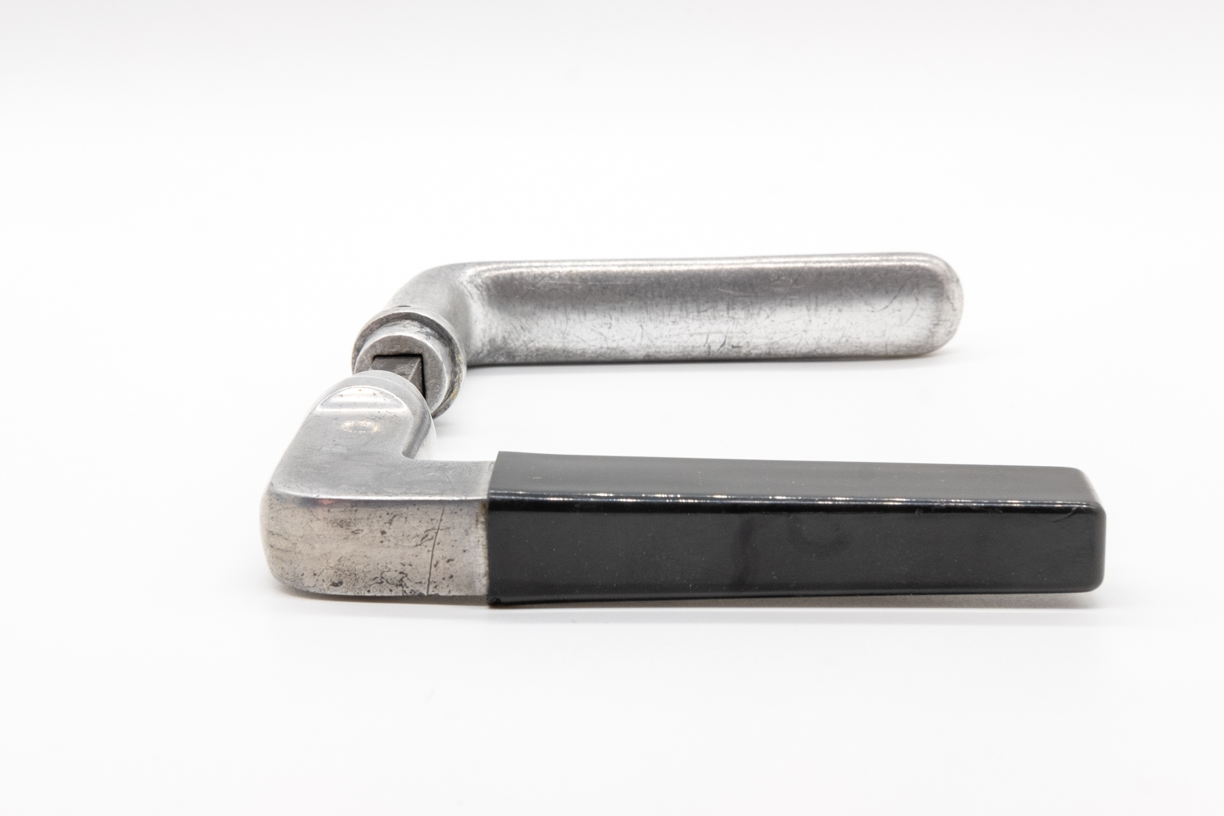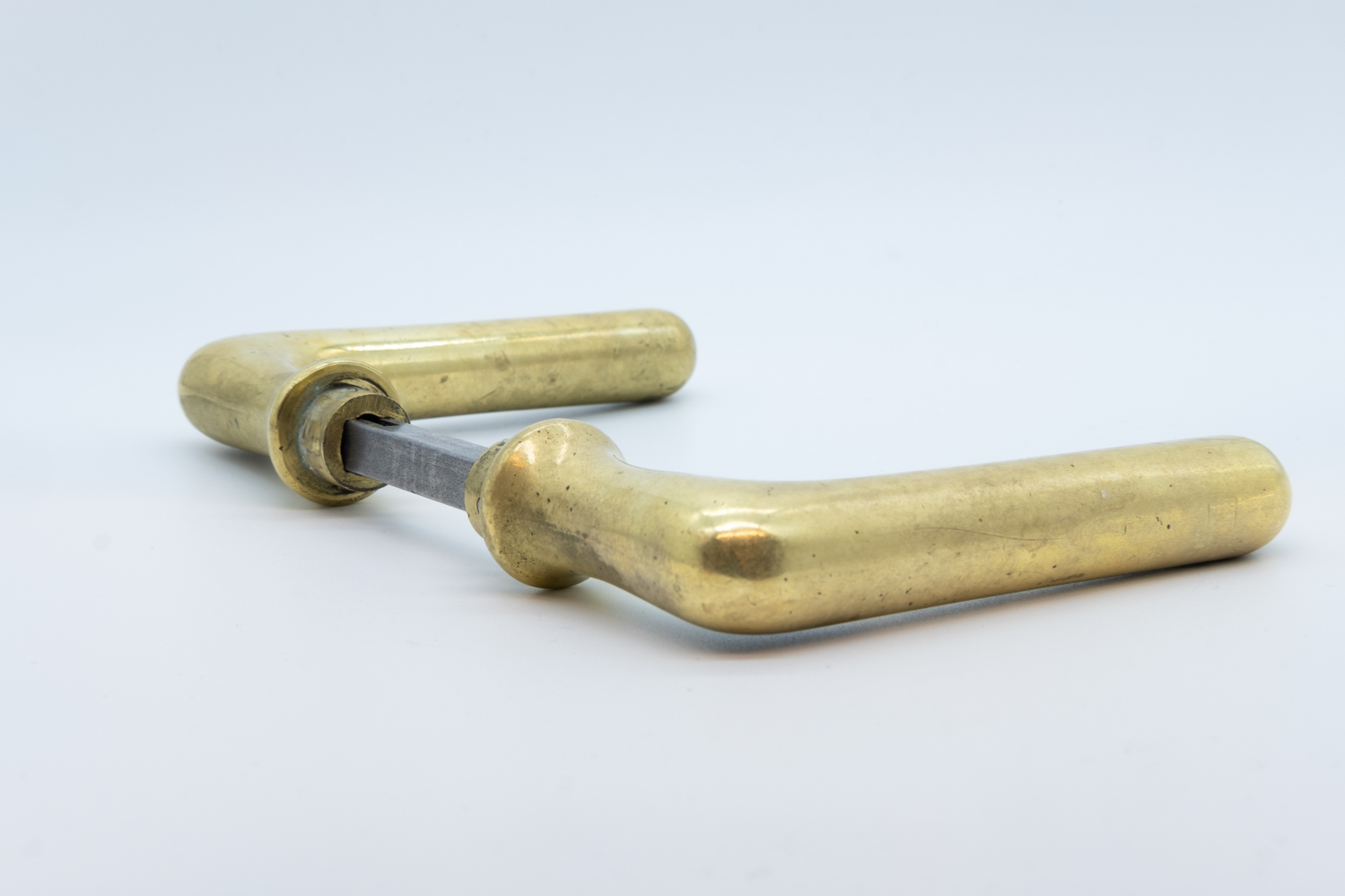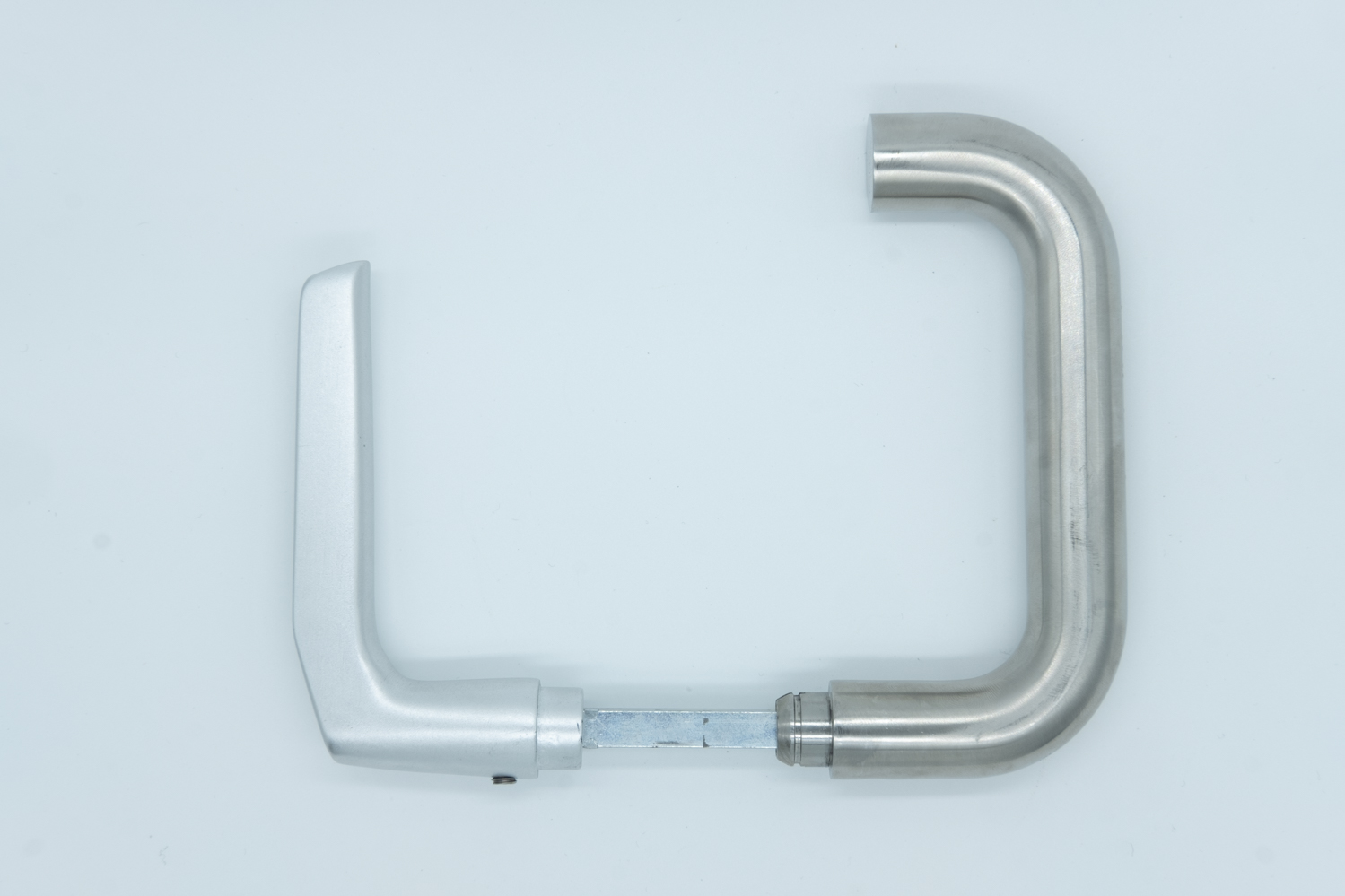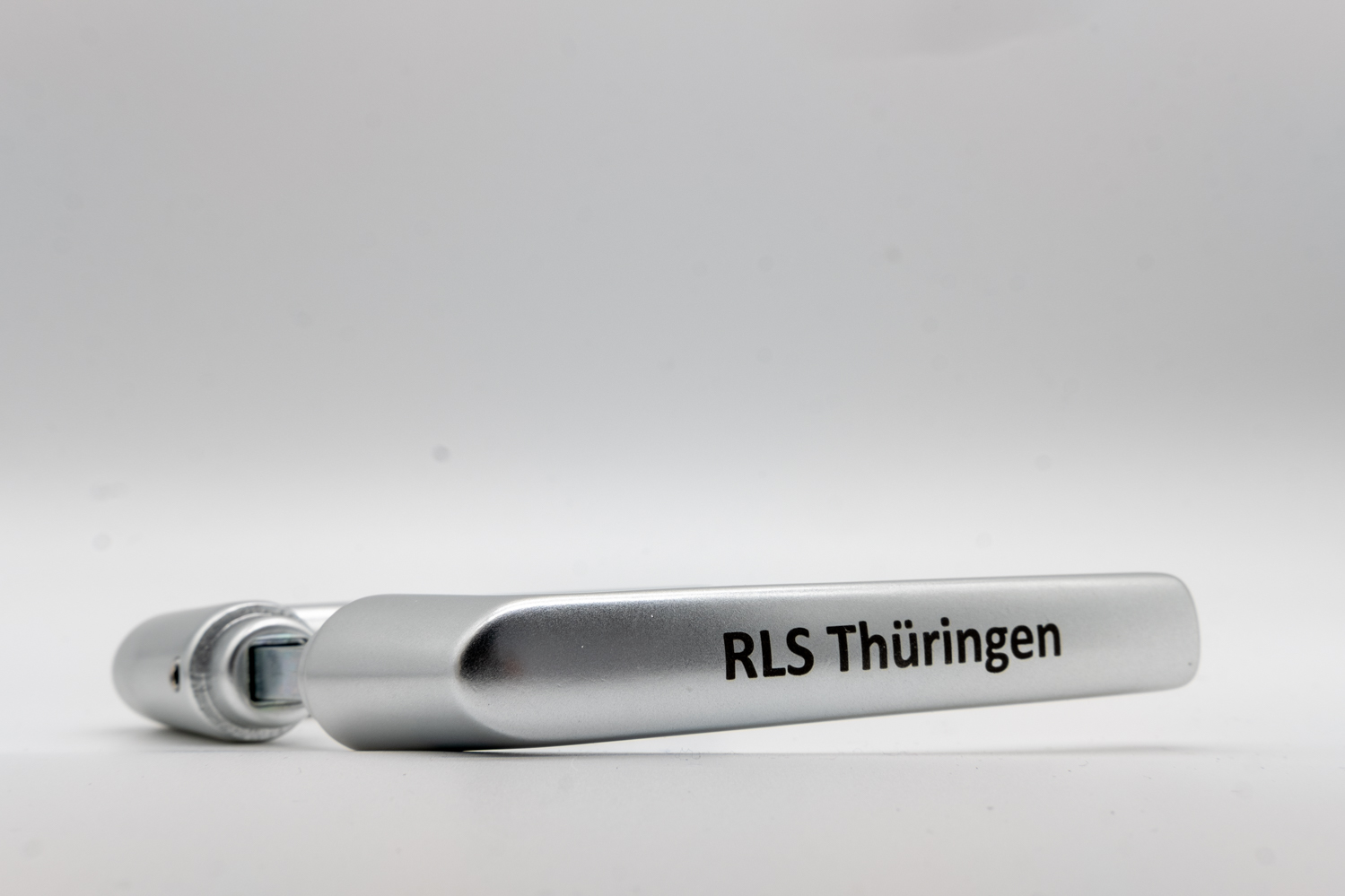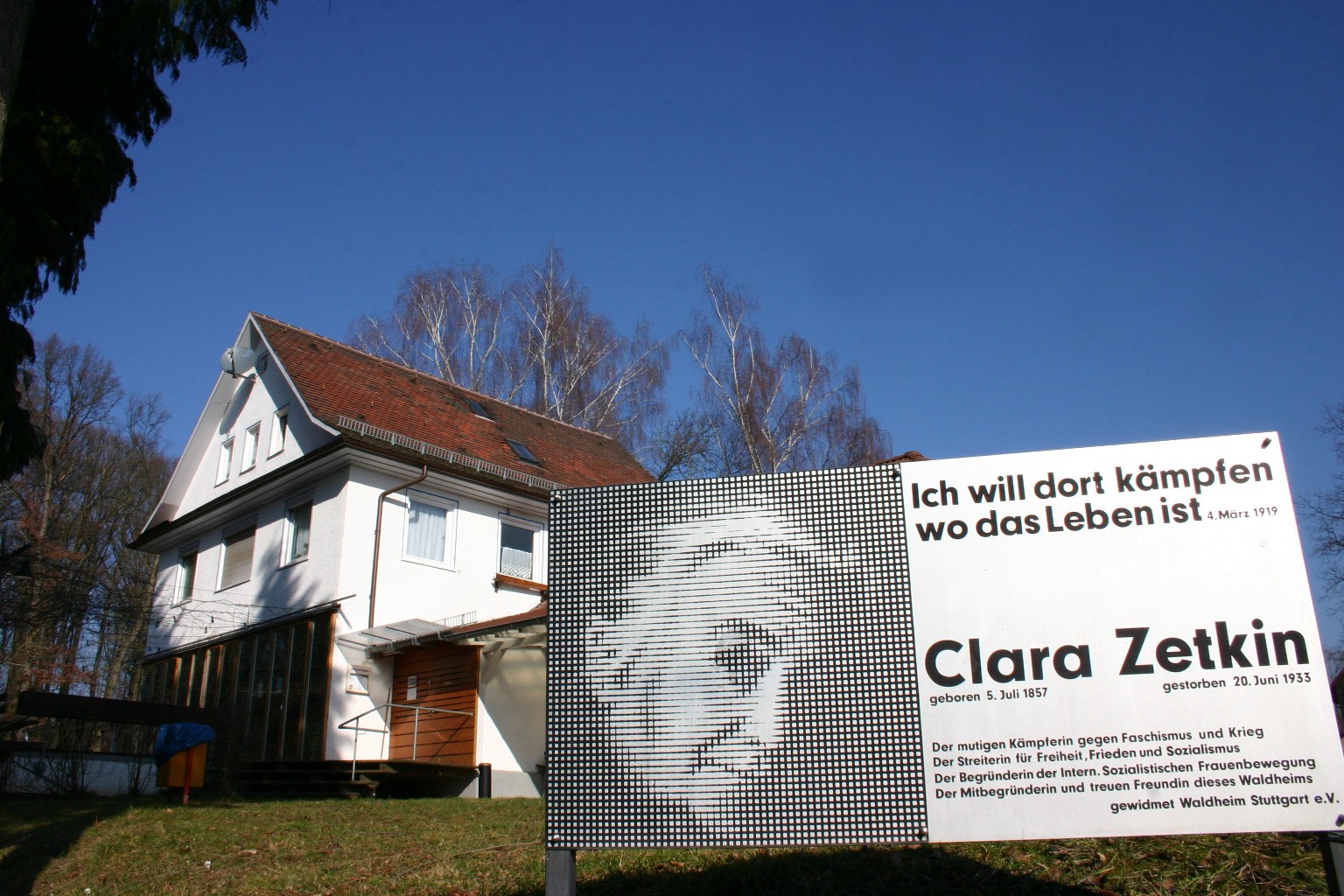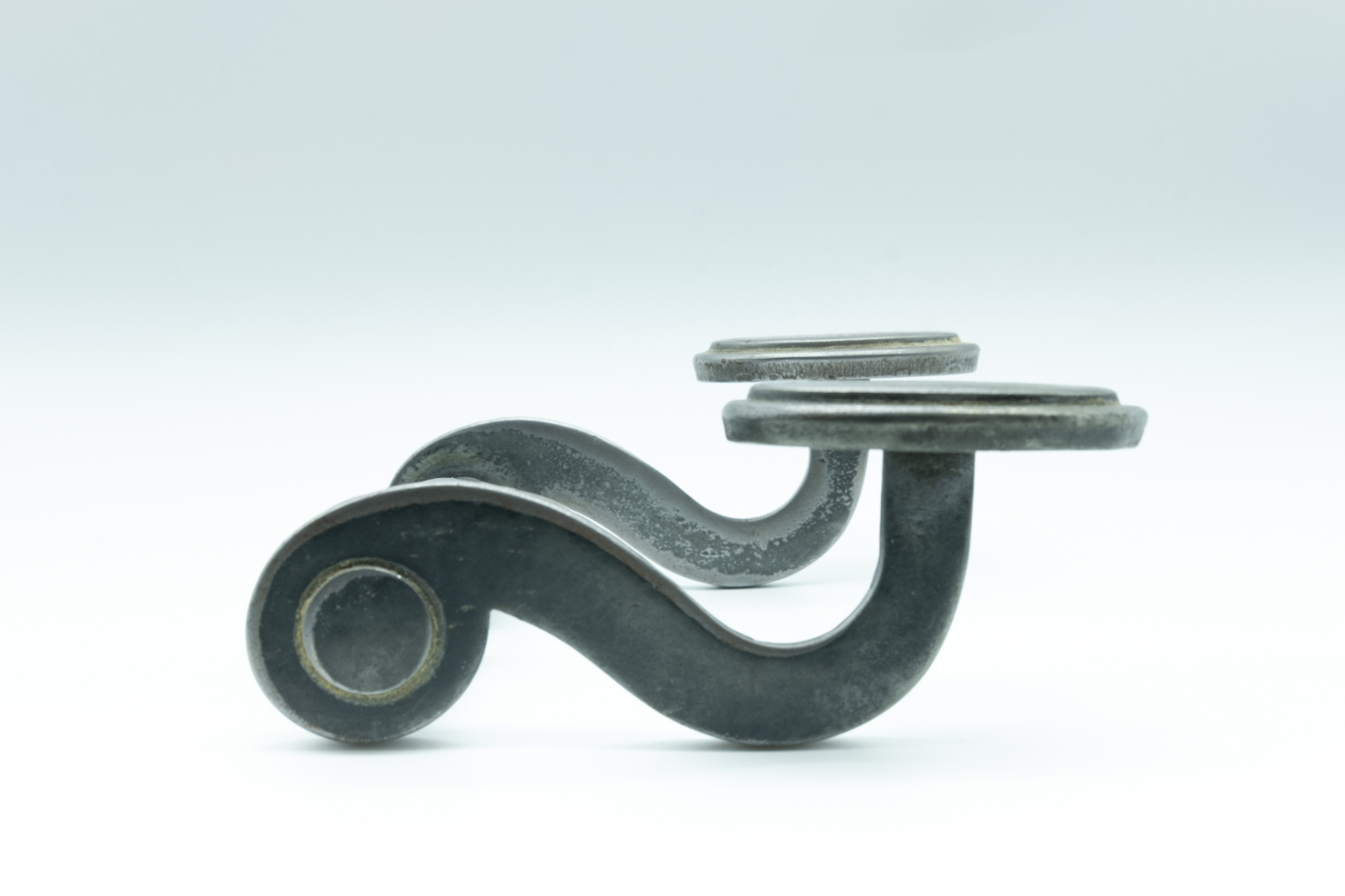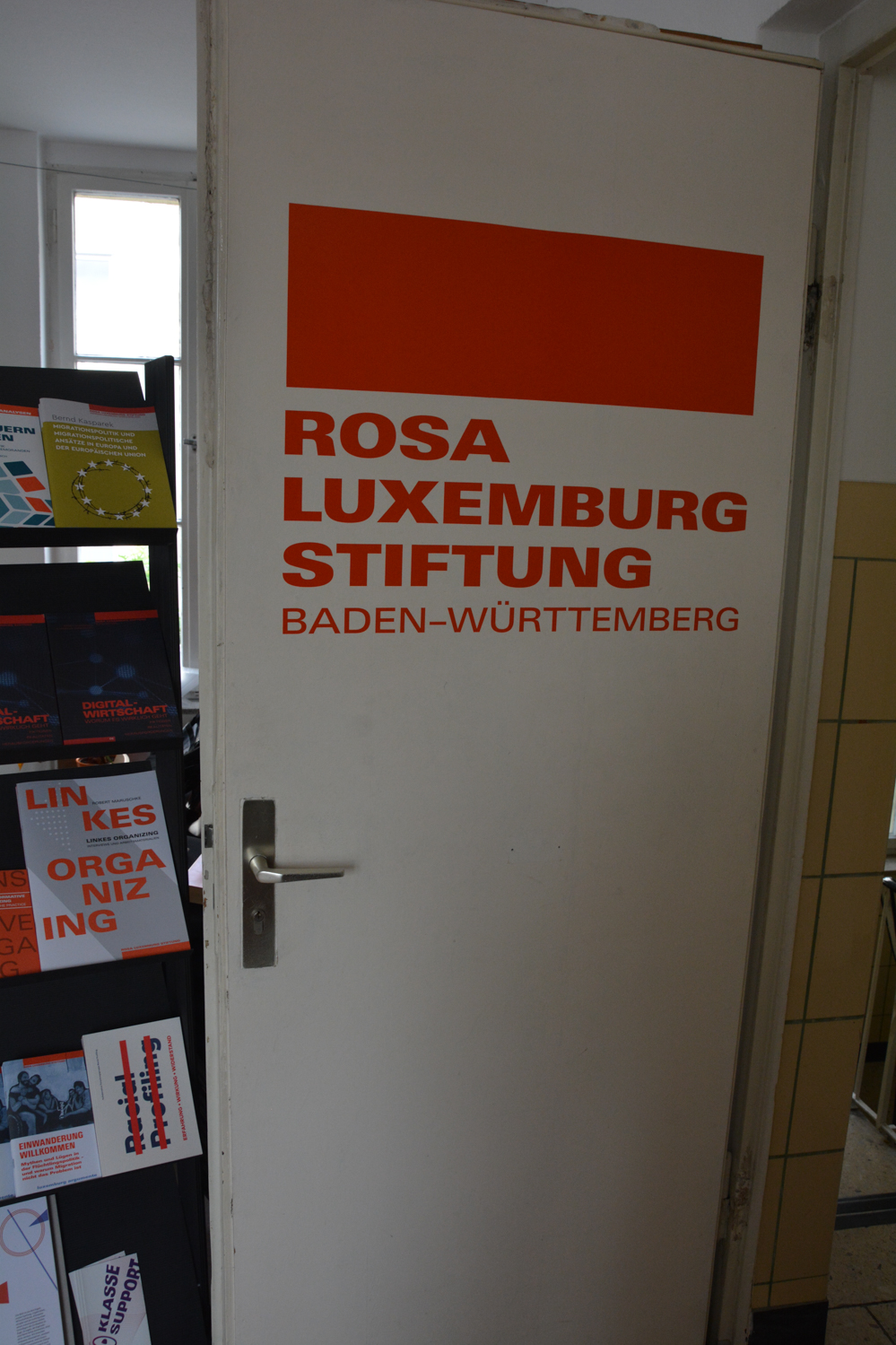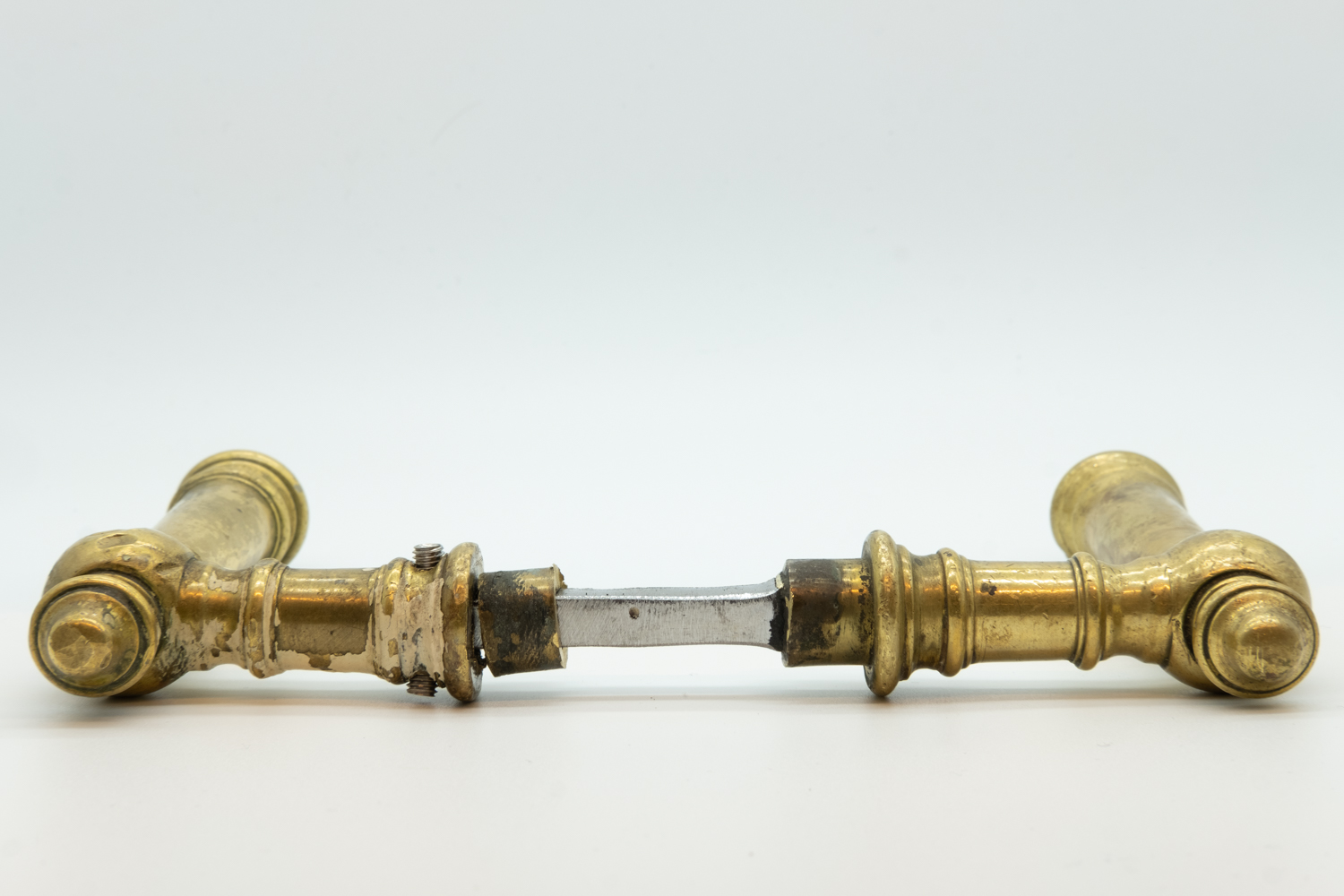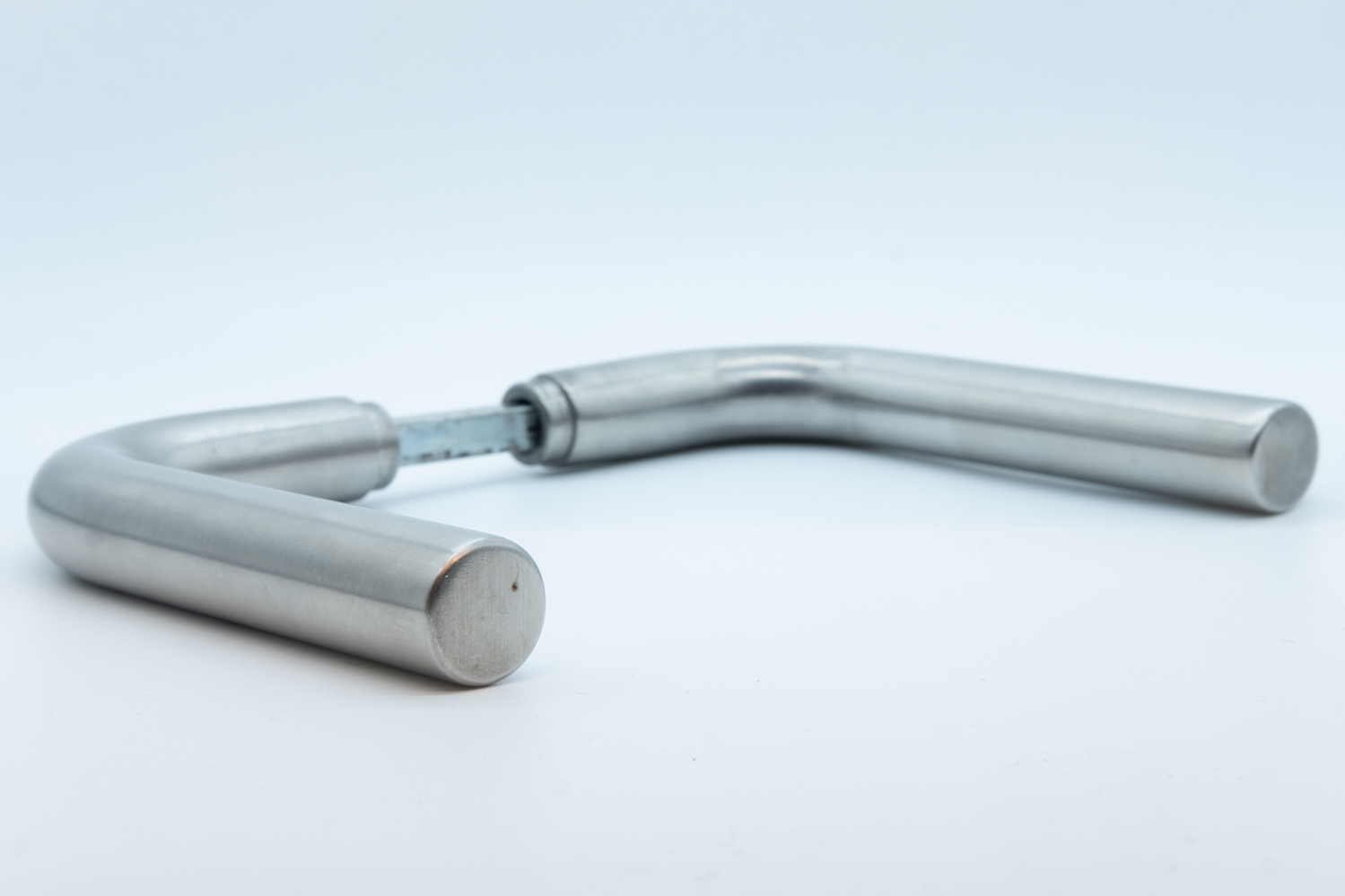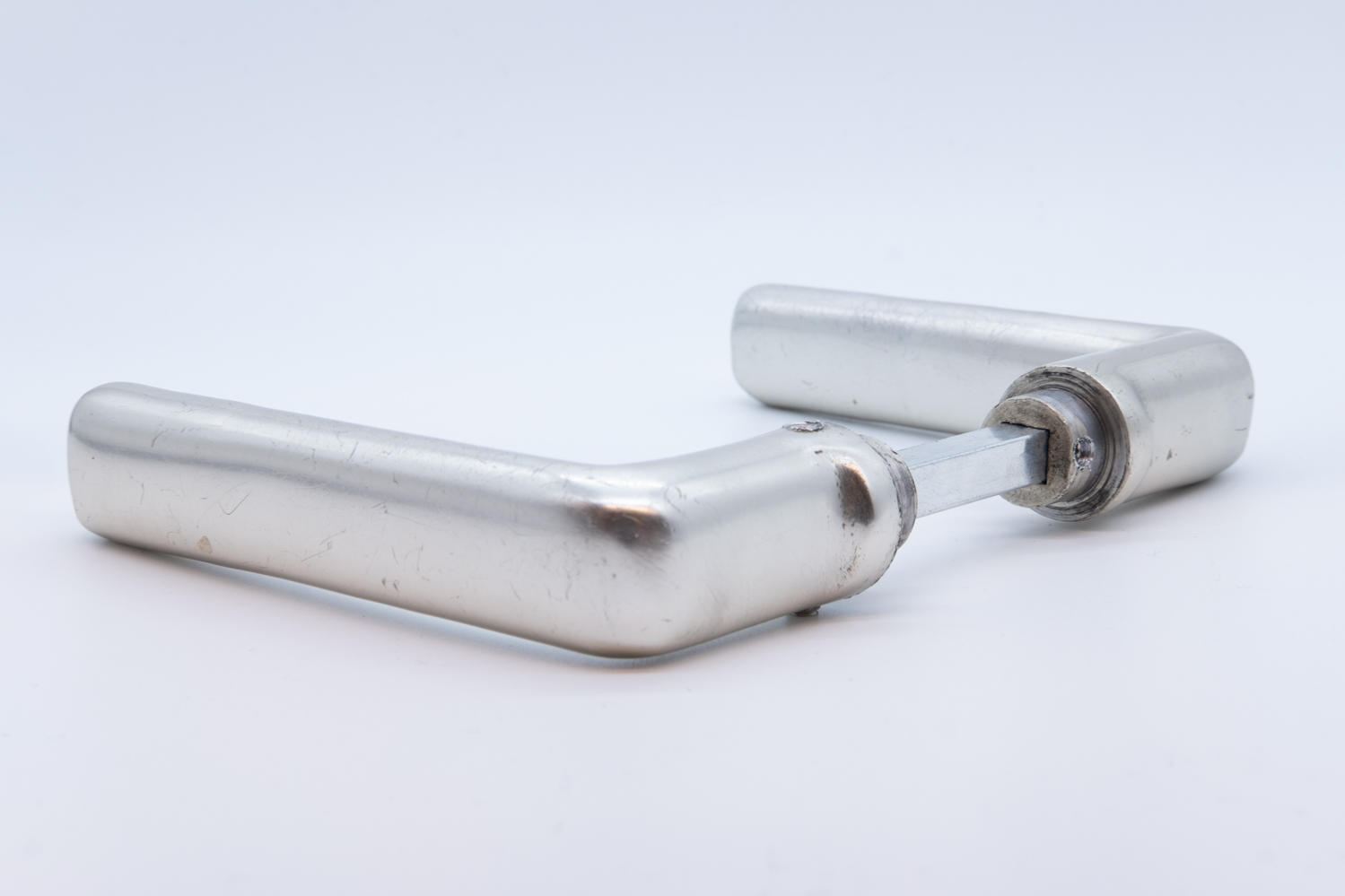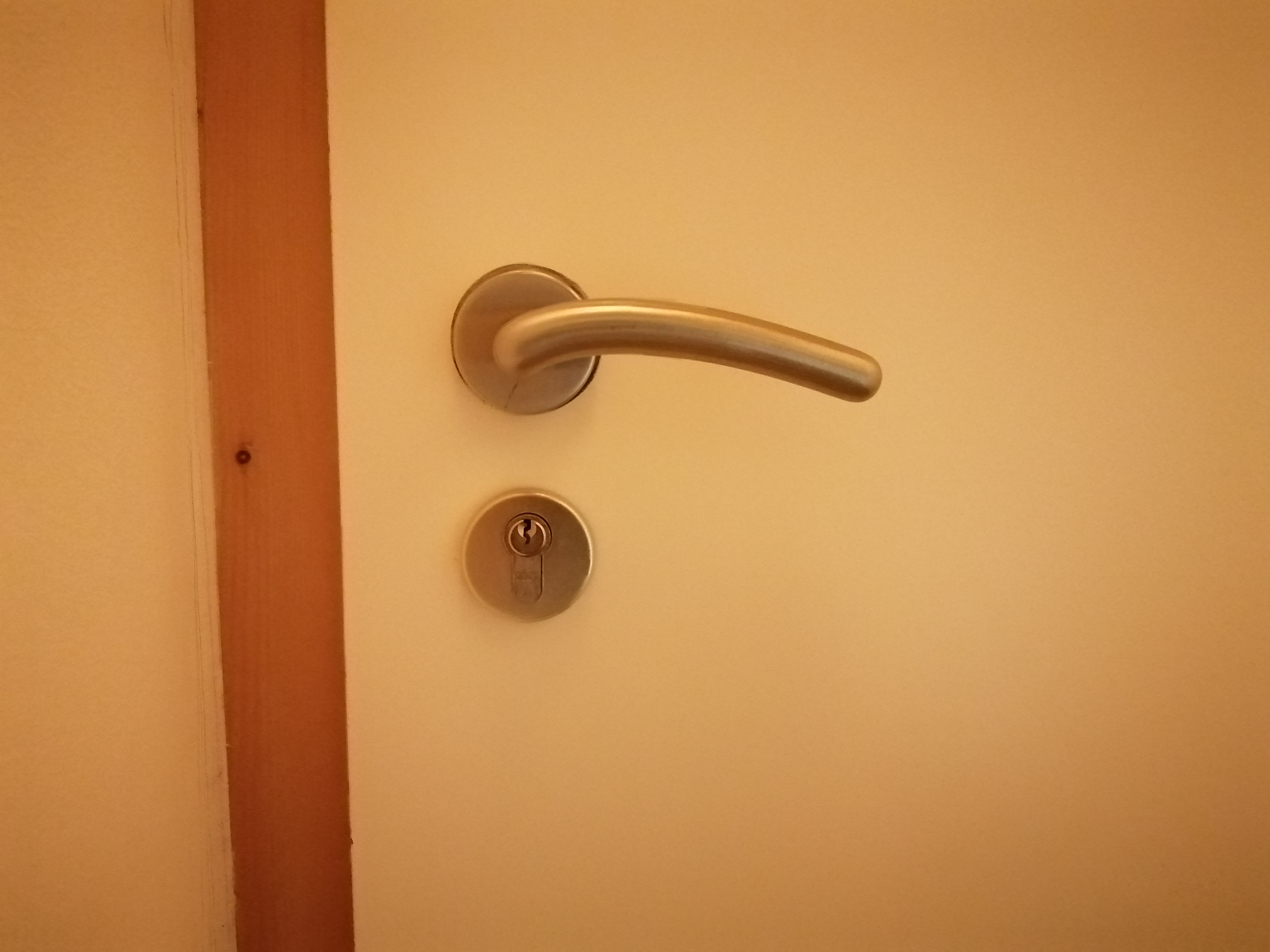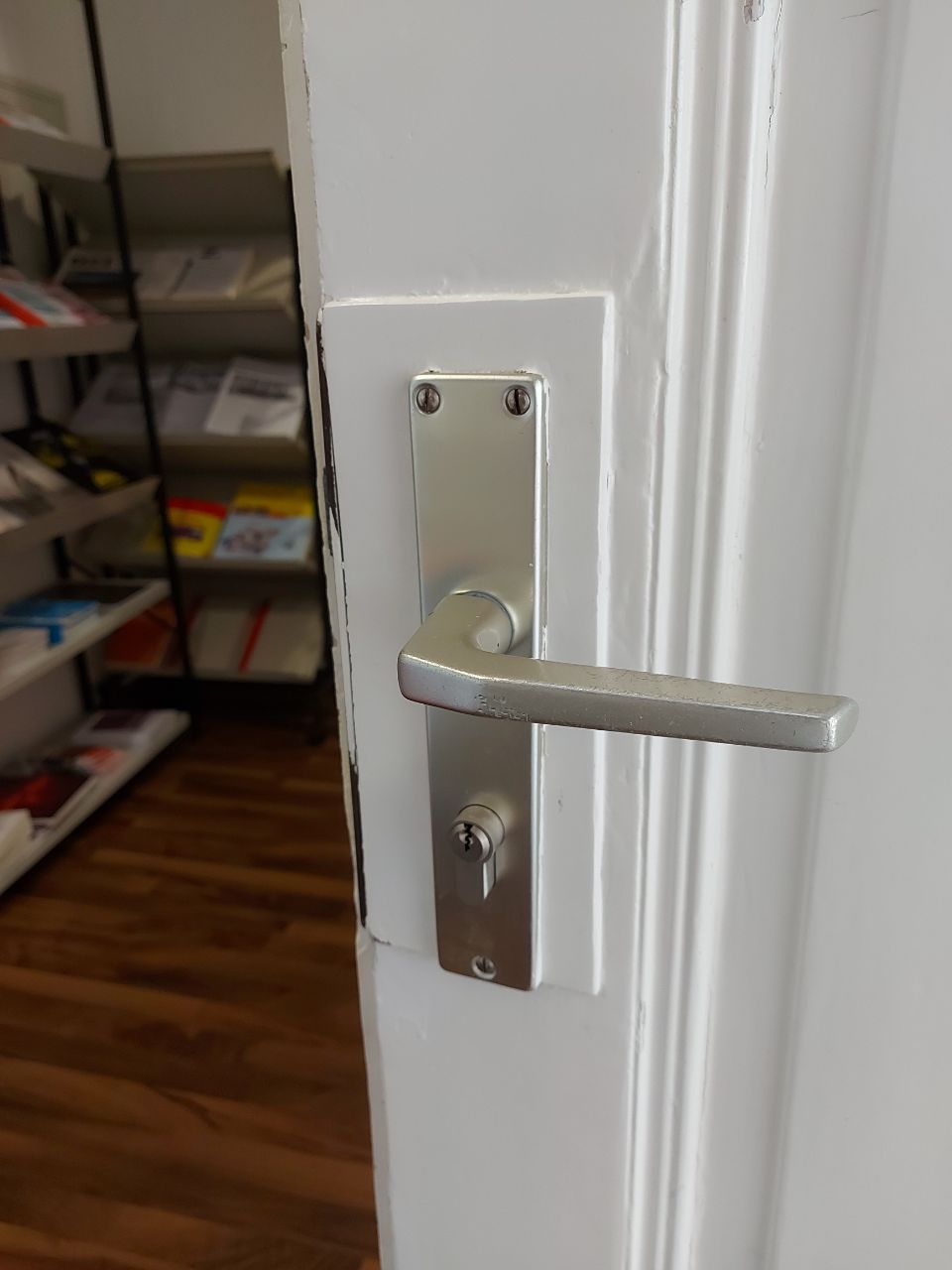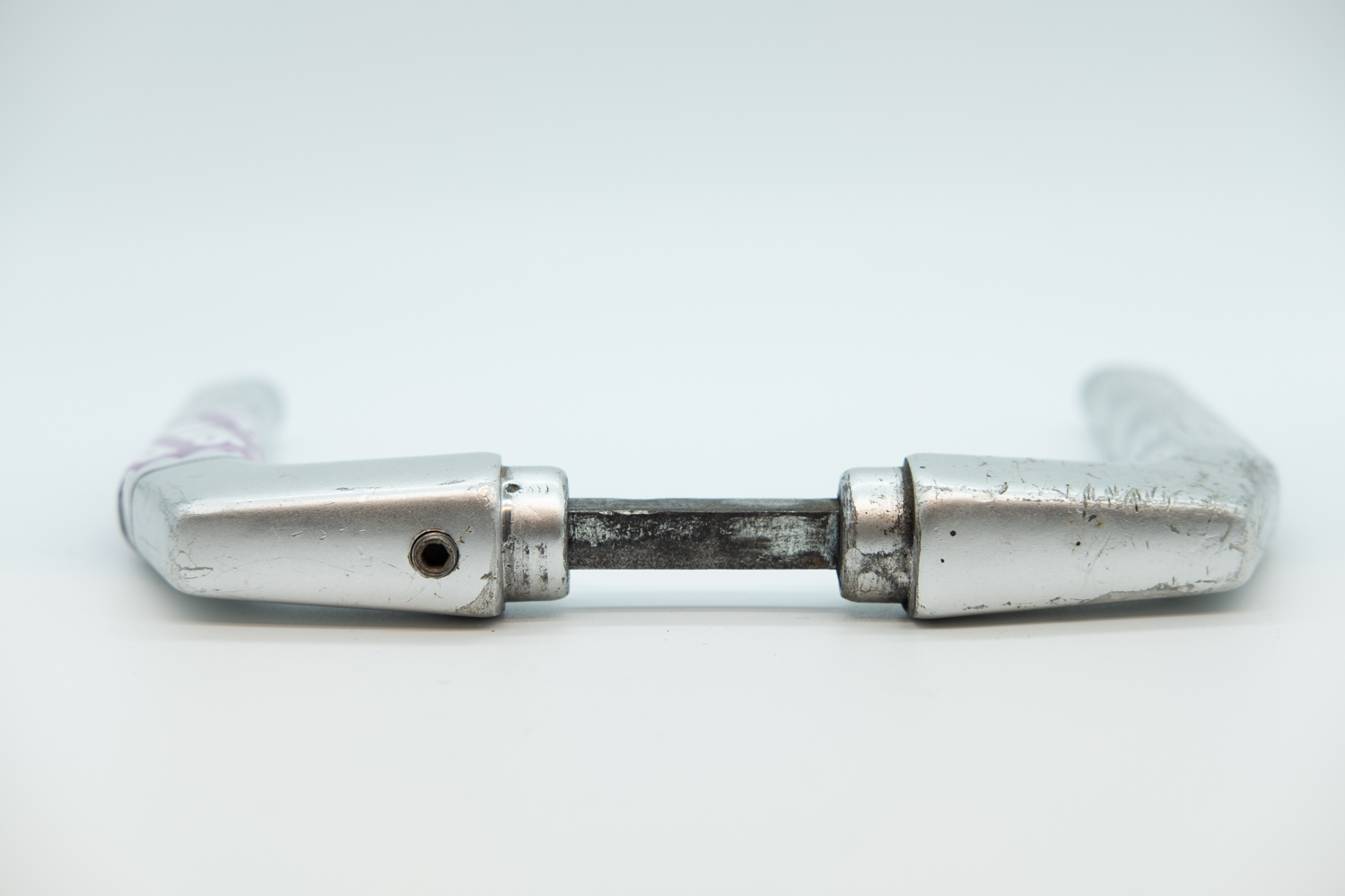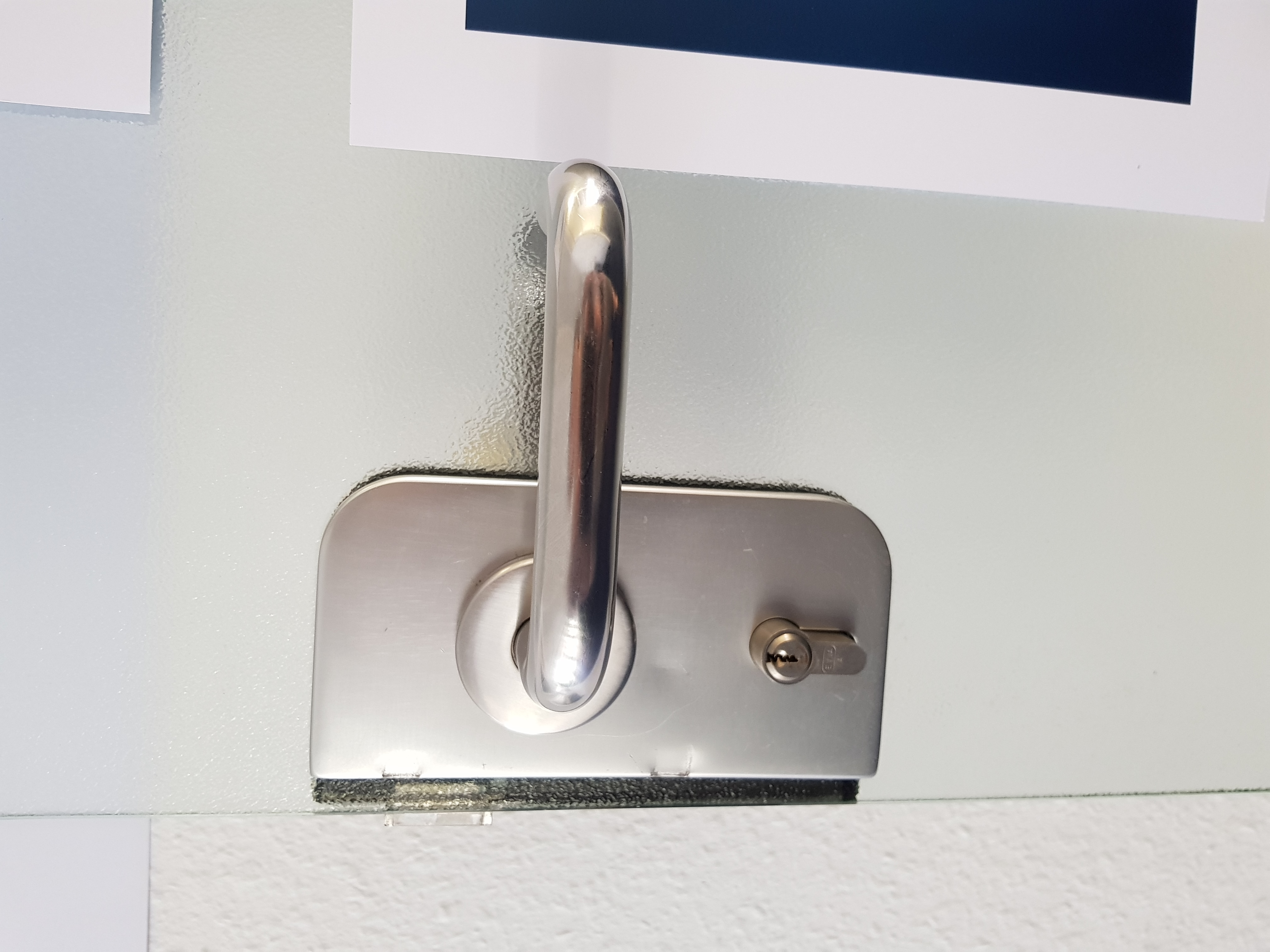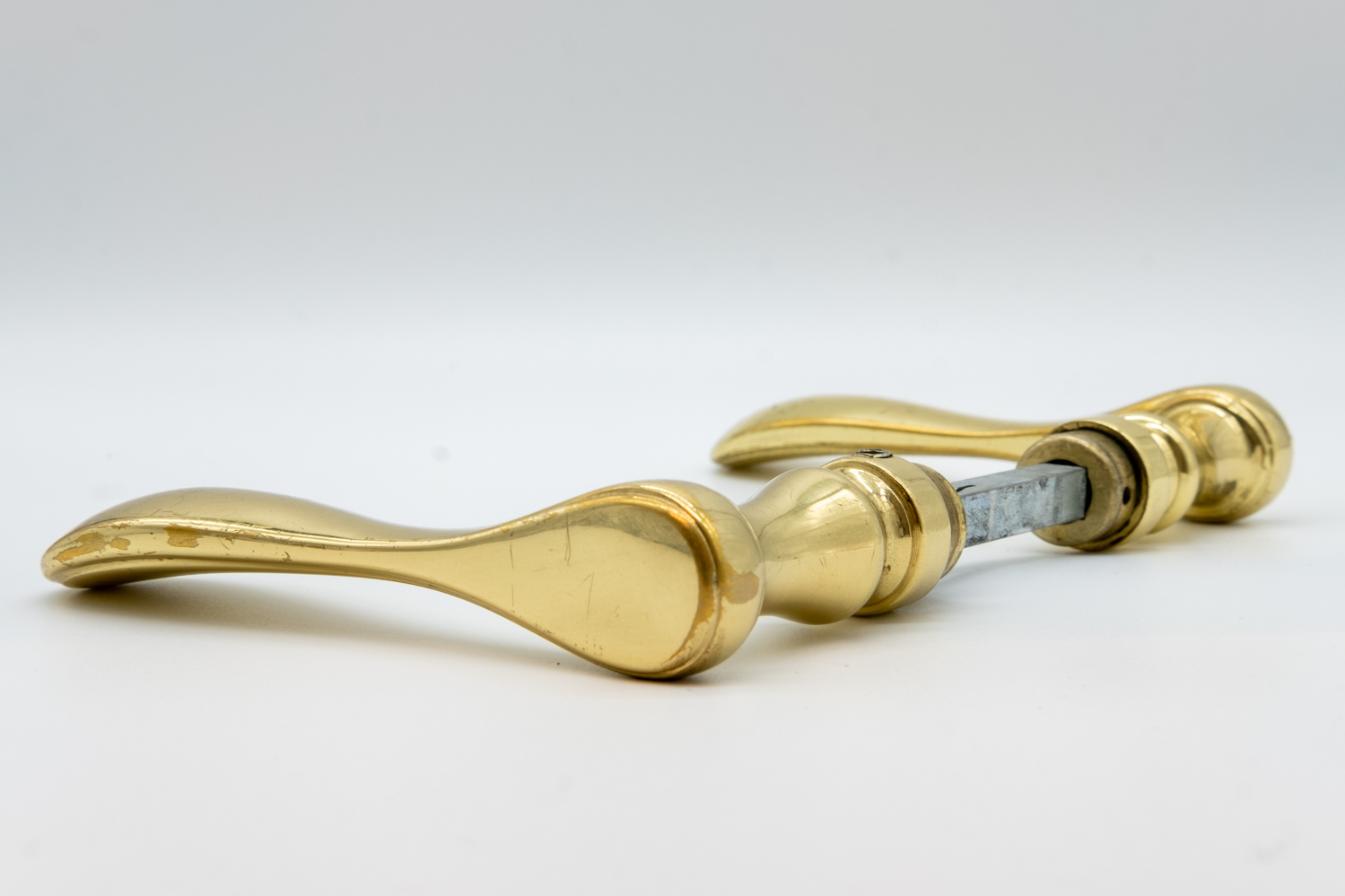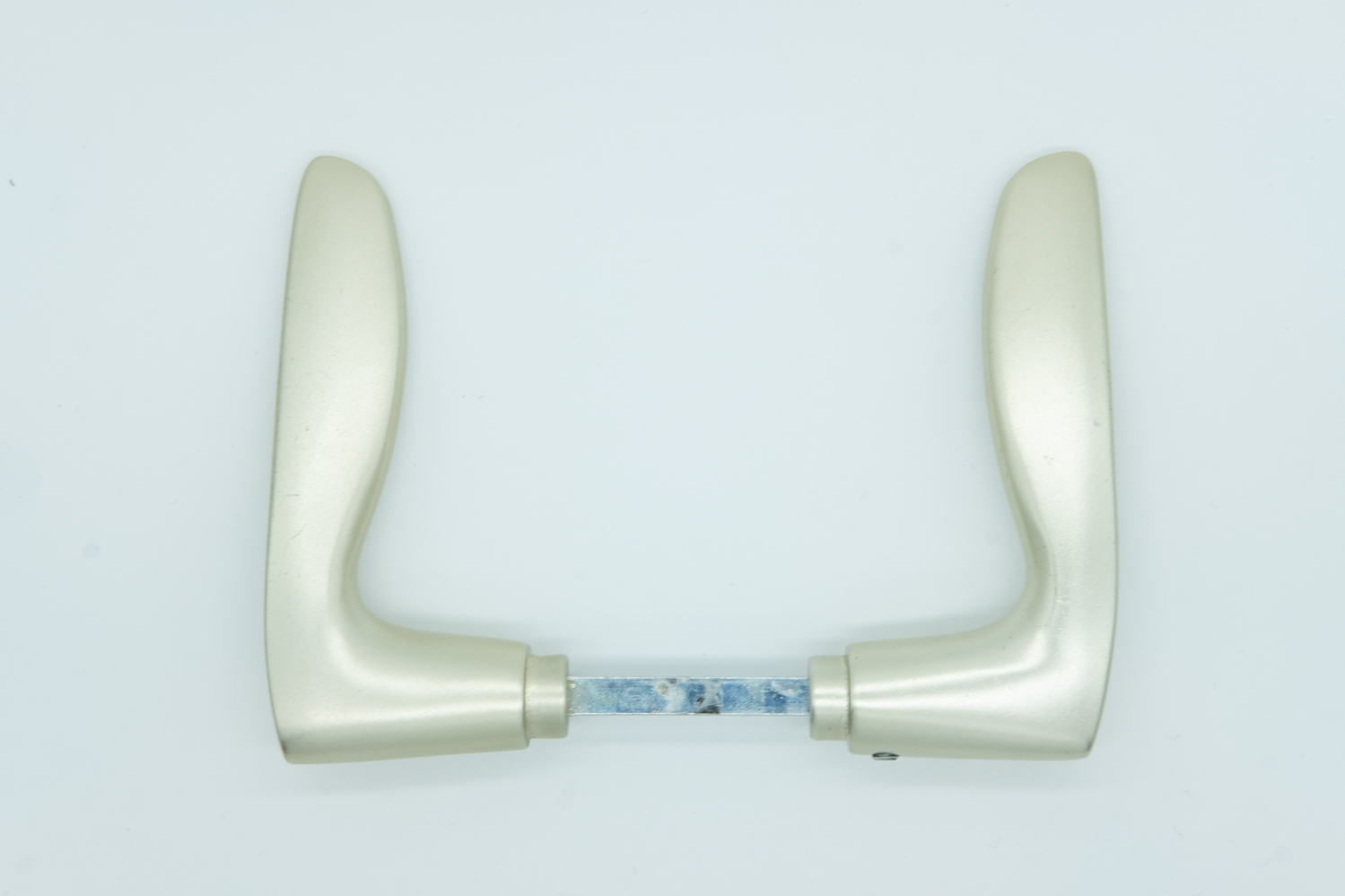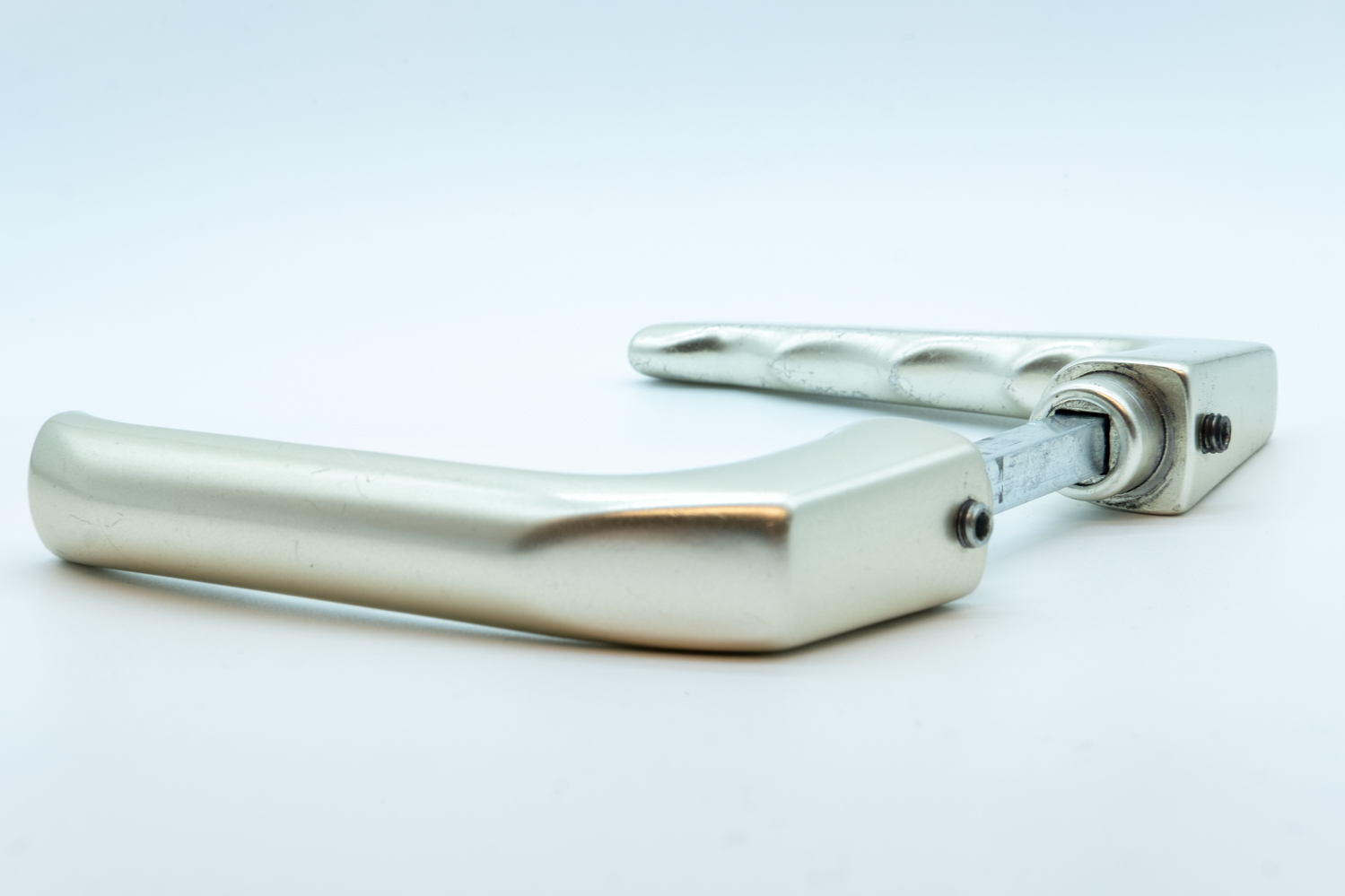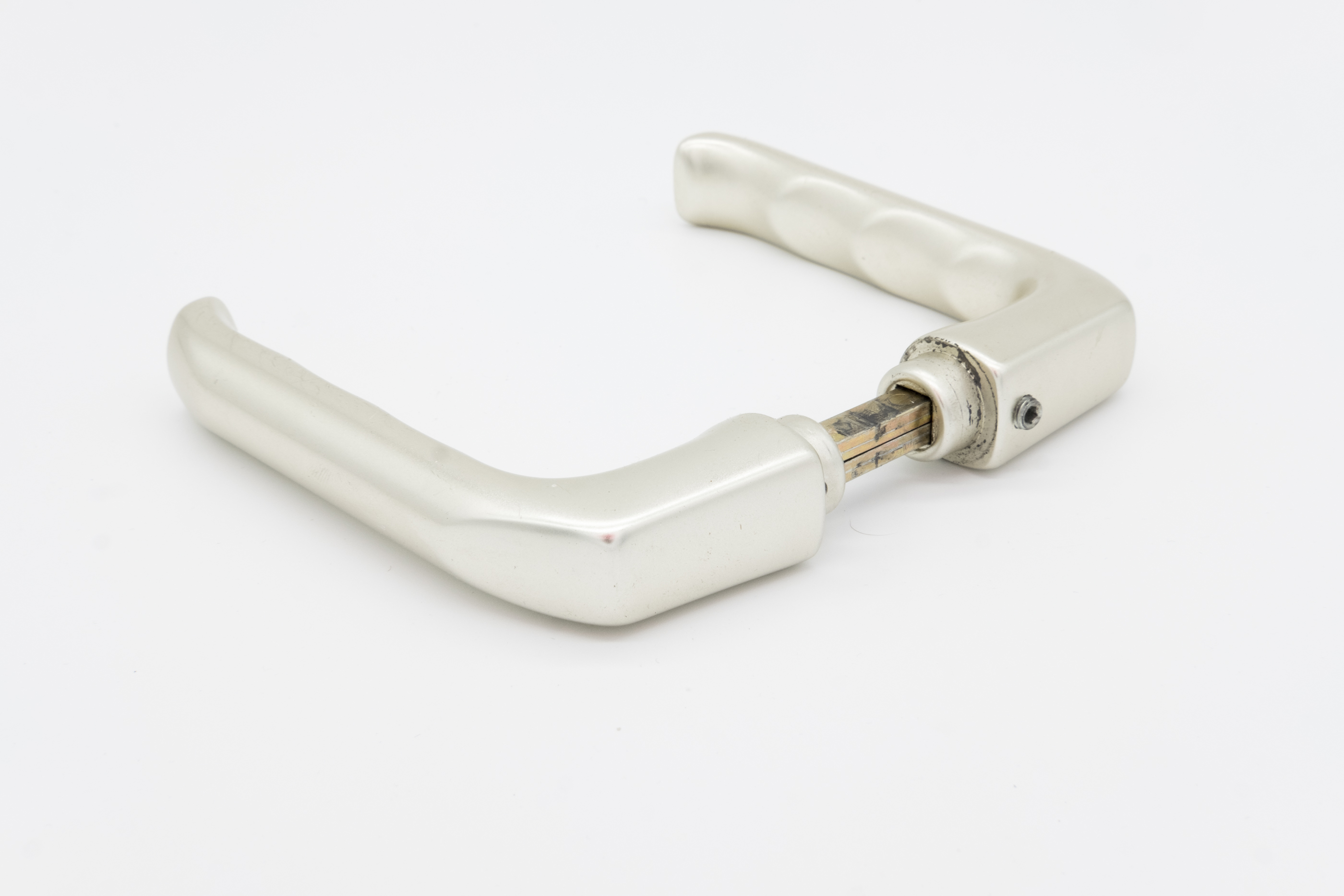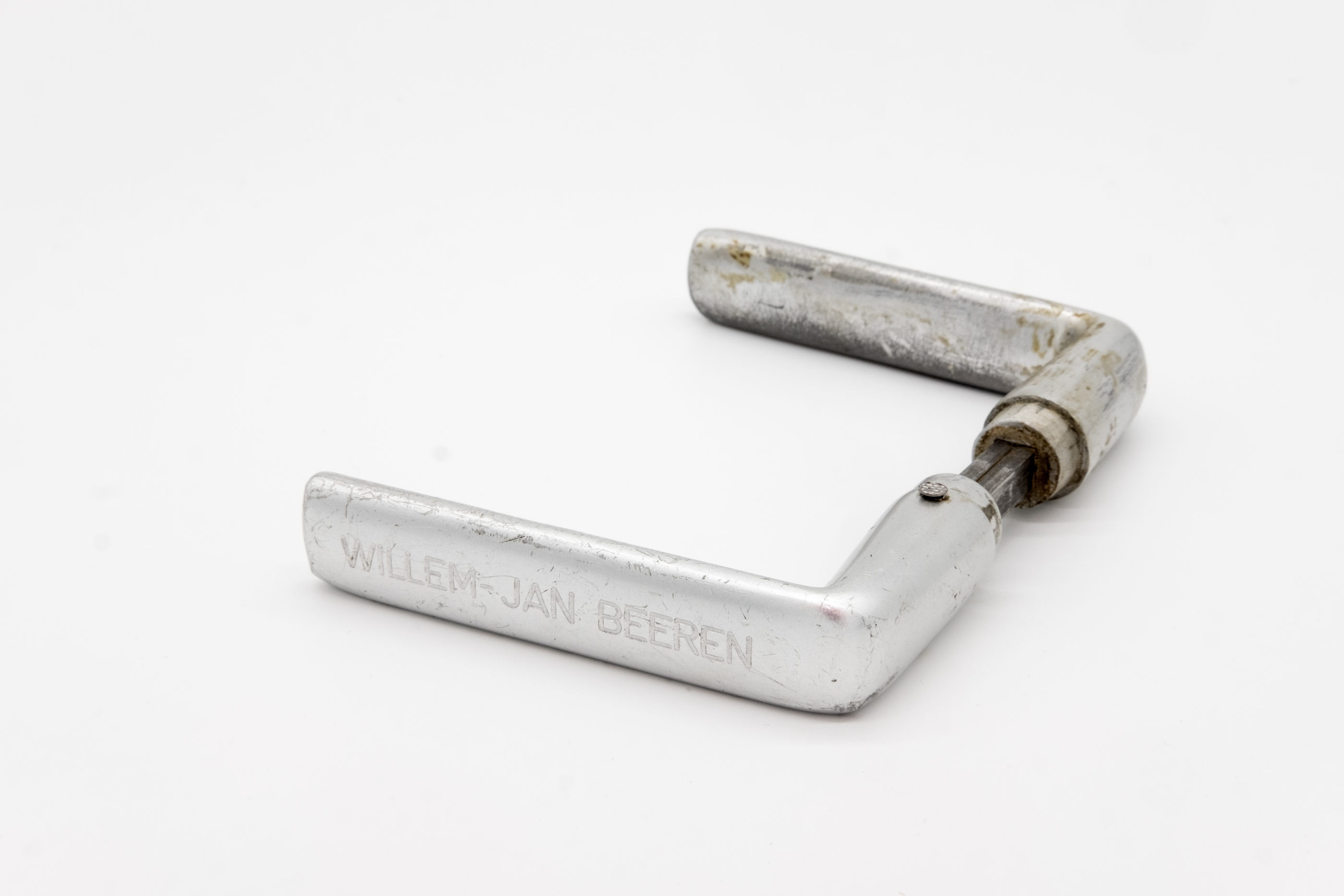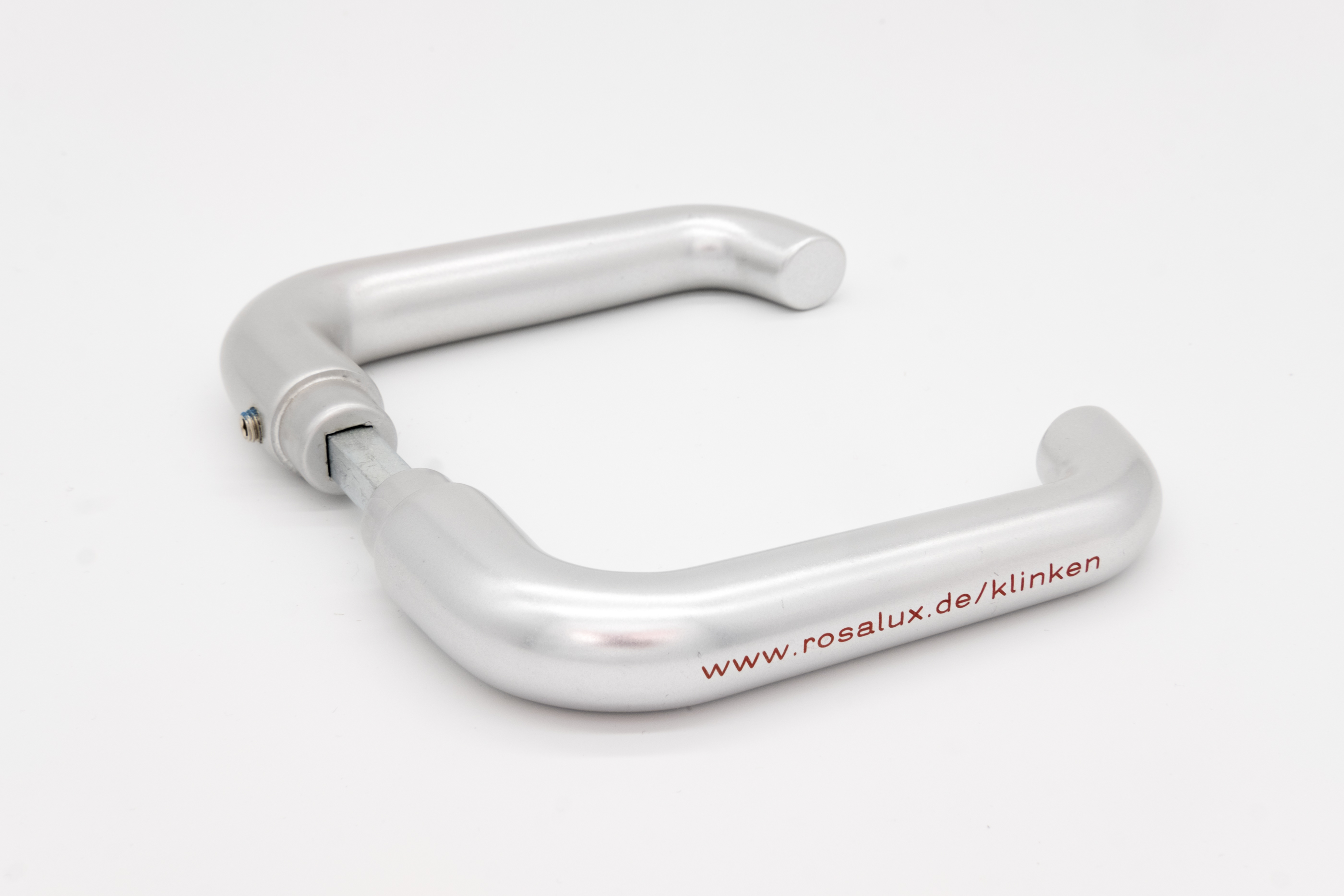It is hard to believe that the golden door handle from Munich can already look back on a little left-wing history. Because before the Bavarian cooperation partner of the Rosa Luxemburg Foundation, the Kurt-Eisner-Verein für politische Bildung in Bayern e.V. (KEV), the Bavarian cooperation partner of the Rosa Luxemburg Foundation, moved to Westendstraße 19 in 2007, other left-wing groups had already started to move in: in the 1990s, the Kurdish movement and from 2004 to 2007, the WASG Bayern had its headquarters in Westend. A short time later, the party "Arbeit & soziale Gerechtigkeit - Die Wahlalternative" (Work & Social Justice - The Election Alternative) together with the PDS formed the basis of the party DIE LINKE (The Left), which is close to us.
The KEV was founded in 2000 in Upper Franconia. The initiative came mainly from Uwe Hiksch, who had transferred from the SPD to the PDS as a member of the Bundestag in 1999, becoming the second Bavarian member of the Bundestag for the PDS alongside Eva Bulling-Schröter. Other founding members included Dominik Schirmer from Munich and Georg Neubauer from Nuremberg. Since 2003, the association has had its headquarters in the state capital of Munich. In order to show its affiliation to the Rosa Luxemburg Foundation (RLS), while at the same time remaining independent as an association, the name "Kurt-Eisner-Verein / Rosa Luxemburg Foundation Bavaria" has been used since 2007.
The KEV, with a six-member honorary board, is responsible for the political orientation and topics of the RLS in Bavaria. A total of 45 members are active in the association, half of whom are politically committed people from northern and southern Bavaria. In 2003, Andreas Thomsen started to build up the work of the KEV through a project office of the RLS and was employed by the RLS in 2007. In 2011 Julia Killet took over the management of the KEV. Since 2017 there is another office of the KEV in Fürth, where the regional employee Niklas Haupt is responsible for the educational work in Northern Bavaria.
Kurt Eisner (1867-1919) was chosen as the patron saint of the association to remember the socialist revolutionary, who is still a red rag in Bavaria today: The founder of the Free State and first Minister President of Bavaria is only mentioned in passing in Bavarian history books. Kurt Eisner is not to be found among the pictures of the Bavarian Minister-Presidents in the state parliament. Initiatives for memorial sites always and exclusively came from the leftist cultural movement. For years, activists have been fighting for a Kurt Eisner Square in the centre of Munich - so far in vain. In the Haus der Bayerischen Geschichte in Regensburg, which opened in 2019, they had even misrepresented their date of birth and claimed that the "Jew from Prussia" was not popular. However, his political successes in Bavaria and his socialist path, which led to a soviet republic, prove the opposite.
Like the door handle, Kurt Eisner also set out on a journey - only the other way round. The newspaper editor and writer came from Berlin first to Nuremberg and then to Munich. During the First World War he turned away from the SPD and participated as a radical pacifist in the founding of the USPD in Bavaria. His political course was always oriented towards cooperation with various left-wing forces. Eisner's goal was a socialist society based on non-violence and individual freedom. Political education - especially of the youth - was a matter close to Kurt Eisner's heart. That is why the then director of the Studienwerk, Katrin Schäfgen, was chosen to exchange clinics because she had been involved in the political education work of students for years.
It was in Catholic Bavaria, of all places, that the Berlin Jew Kurt Eisner and his numerous supporters* succeeded in bringing about a peaceful revolution. On 7 November 1918, the revolutionaries stormed the Munich garrisons. The Wittelsbach dynasty was declared to be deposed and Eisner proclaimed the "Free State of Bavaria" on the Theresienwiese (where the Oktoberfest is celebrated). One day later, the USPD and SPD formed a joint government, when their first Prime Minister and at the same time Foreign Minister Kurt Eisner was appointed. On February 21, 1919, the outstanding representative of this short socialist epoch in Bavaria was assassinated by Anton Graf Arco auf Valley, a supporter of the right-wing extremist Thule Society, on his way to the state parliament.
The KEV is often asked about the relationship Rosa Luxemburg and Kurt Eisner would have had with each other. In any case, they were not friends. Their lives were very different. One of the great similarities between them is probably that the November Revolution is still associated with their names in Munich and Berlin today. In addition, both became targets of the Anti-Bolshevik League, which was provided with 500 million marks by German industrialists.
In 1905 Rosa Luxemburg replaced Kurt Eisner as head*of the Forward. Eisner had been attacked and deposed because of his reserved reporting on the political mass strike and revolutionary events in Russia. Despite these differences, the political education of the KEV is in the tradition of the two patrons*.
It is generally known that Bavaria is not an easy place for leftists. With a brief interruption in the 1950s, the Christian Social Union (CSU) governs the state - for many legislative periods also as sole government. The party DIE LINKE has not yet made it into the Bavarian state parliament once. Educational work is also made more difficult by the size and structure of the state: With more than 70,550 square kilometres, the Free State is the largest of the 16 federal states. For comparison, this is equivalent to the area of Rhineland-Palatinate, Thuringia and Baden-Württemberg combined. A journey by public transport from Upper Bavaria to Upper Franconia can take over five hours. The state's 13 million inhabitants* live in a total of 2031 municipalities; 45 percent of them live in rural regions with less than 10,000 inhabitants*.
Bavaria is also known as a hotbed of National Socialism. Munich was considered the "capital of the movement", as the National Socialist German Workers' Party (NSDAP) was founded there in 1920 and in November 1923 the so-called Hitler coup took place in the Bürgerbräukeller. Adolf Hitler served his prison sentence in Landsberg am Lech in Upper Bavaria, where he wrote "Mein Kampf". In Nuremberg in Northern Bavaria, numerous Reich Party conferences were held and the anti-Semitic hate magazine "Der Stürmer" was published there. In the post-war period the "Nuremberg Trials" against the main war criminals took place in the district capital of Central Franconia.
Even today, there is still a widely diversified right-wing scene in Bavaria. The right-wing terror network of the National Socialist Underground (NSU) was particularly well organised in the Free State, where it committed five out of ten murders. Enver Şimşek, Abdurrahim Özüdoğru, Habil Kılıç, İsmail Yaşar Yaşar and Theodoros Boulgarides were victims of this racially motivated series of murders in Nuremberg and Munich. Investigations by the police and the authorities focused exclusively on the victims themselves and their relatives. Only when the NSU published its confessional video in 2011 could the extreme right-wing background of the crimes no longer be excluded. The NSU trial, which took place in Munich, lasted over 5 years and comprised 438 trial days. The exact background of the crimes, the neo-Nazi network behind the core trio and especially the involvement of neo-Nazis and the Office for the Protection of the Constitution have not been satisfactorily clarified to date.
The KEV accompanied the scandalous NSU trial from the beginning to the pronouncement of judgement in 2018 with numerous events. The association cooperated with independent journalists*, antifa groups, NSU-Watch and also the side action. They all carried out untiring educational and research work. This excellent documentation is already being scientifically evaluated. Travel groups visiting the trial were received at the KEV office. The "Alliance against Nazi Terror and Racism Munich", which organised actions, rallies and demonstrations around the NSU trial, still uses the premises of the KEV to this day and continues to work on the complete clarification under the slogan "No final stroke".
When the first nationwide large-scale demonstration to mark the start of the NSU process took place in 2013, four windows were smashed in the KEV's ground-floor office. It was the first time in the history of the Rosa Luxemburg Foundation that a building of the educational institution was attacked in this way. The attack was part of a series of attacks on leftist institutions in Munich. The left-wing housing syndicate Ligsalz 8, the Bavarian Refugee Council and the office of left-wing lawyer Angelika Lex (†), who represented the widow of murdered Theodoros Boulgarides in the NSU trial, were affected. The proceedings were finally discontinued and the perpetrators could not be identified.
Antifascist projects are an important focus of the KEV's educational work. Other central themes include anti-racism, gender, (queer) feminism, peace, social, historical, climate and local politics. On average the association realises 150 to 200 projects of political education per year with about 3000 participants* throughout Bavaria. The educational formats include evening events, lectures and panel discussions as well as seminars, workshops, excursions and educational trips.
Thanks to the mostly voluntary political activists, the many associations, organisations, groups and initiatives, the KEV is present in the larger towns and cities of the country and is increasingly concentrating on projects in rural areas such as Dießen am Ammersee, Sulzbach-Rosenberg or Angersdorf in Lower Bavaria. In addition, KEV has a structure of permanent cooperation partners* who receive a fixed annual budget. These include the KEFIN (Kurt-Eisner-Forum in the Ingolstadt region), the RLC (Rosa Luxemburg Club) Munich, the RLC Nuremberg-Fürth, the RLC Passau and the "Infogroup Rosenheim" as well as the "Ganze Bäckerei" in Augsburg. Without the great commitment of the cooperation partners*, who often realise left-wing educational work in Bavaria under difficult conditions, project work in the seven districts of Bavaria would hardly be possible.
One of the highlights of educational work in recent years has been the higher education policy series "Criticism of the University!" at six Bavarian universities. In cooperation with Nicole Gohlke, spokesperson for higher education policy of the Left Party, as well as students and scholarship holders*, the KEV 2014 invited to discuss problem situations and the search for alternatives and perspectives. The starting point was the neo-liberal transformation of the universities into "education corporations" and the Bologna reforms, which drastically changed everyday study life and led to increased schooling and examination pressure. Underfunding, the lack of study places, precarious employment and a lack of social infrastructure were discussed. Attention was also paid to the universities' dependence on external funding from companies and military research, which limits academic independence. To date, Bavaria is the last federal state without a constitutional student body. The issues are still highly topical.
The lecture series "Weapons down! Women Peace Activists of the 20th Century", the KEV 2014 in cooperation with the Women's League for Peace and Freedom (IFFF). Of all the events held on the occasion of the 100th anniversary of the First World War, the series on peace women was unique in Germany and was enthusiastically received. The first Nobel Peace Prize laureate Bertha von Suttner, the anti-war activist and feminist Clara Zetkin, the chemists Gertrud Woker and Clara Immerwahr, who tirelessly educate about mass destruction agents, the Munich peace activist Lida Gustava Heymann, the pacifist Käthe Kollwitz and the anti-militarist Rosa Luxemburg were introduced.
In 2015 the G7 summit, the annual meeting of the heads of state and government of the seven leading economic nations, took place at Schloss Elmau in Garmisch-Partenkirchen in Upper Bavaria. In parallel, KEV was in charge of organising the "Summit of Alternatives" in Munich, which was attended by over 1000 people. The supporting group was able to attract a total of 66 speakers* from 19 different nations. Great importance was attached to a balanced gender ratio among the speakers. The congress was opened by Jayati Ghosh from New Delhi, Professor of Economics and Executive Secretary of International Development Associates. Above all, speakers from the global South, who are particularly affected by the policies of the G7, were to have their say. Together we succeeded in organising a varied and exciting political education programme over two days. The cross-spectrum cooperation was unusual, but very enriching: a total of 38 organisations from large and small NGOs, young trade unionists, foundations and party factions drew up a varied programme with panel discussions, presentations, workshops and a play. They all came from different political and charitable backgrounds and often had different analyses and focuses. However, they were united in their criticism of the fatal policy of the G7, which stands for war, hunger, poverty, discrimination and precarisation worldwide. The empty promises of past G8 summits had to be uncovered and real alternatives for a peaceful, solidary and ecological world had to be worked out. The committed people were motivated by the thought: "Another world is not only possible, it is necessary".
Municipal political education work has been part of the programme since the KEV was founded. In addition to "Introductions to left-wing local politics", the KEV also offers seminars on specific topics: e.g. health, transport, rents and welcome structure. These seminars present and discuss the municipal policy options for the respective policy field. They are aimed at people who are active and interested in local politics and who would like to specialise or further educate themselves if there is a current debate on the topic on the spot.
Since 2014 the KEV has been preparing the 100th anniversary of the Bavarian Revolution in cooperation with the Plenum R "Revolution and Council Republic". Under the title "Revolutionswerkstatt" three series with more than 60 events and three exhibitions were realised in Munich. The format "Workshop" was intended to reach interested people who wanted to actively participate in a culture of remembrance. The first series took place from January to February 2017 and mainly took up contents that were both an introduction to the complex of themes and new and unexplored. In 2018 the Bavarian Revolution and in 2019 the Bavarian soviet republic were the focus of the project, whereby the perspective on the historical events was extended beyond Munich to the whole of Bavaria. Finally, the aim of the project was the joint production of a historical city map with dates and events of the revolution and soviet republic in Munich and a corresponding map for Bavaria.
The Covid19 crisis has also posed great challenges for the educational work of the KEV. The events were converted into digital formats during this period. The KEV has a YouTube channel and is active on Facebook, Instagram and Twitter. Nevertheless, digital event formats cannot be compared with the possibility of personal exchange. Freedom of assembly and organisation is a great asset. Leftist movements fought for decades for these freedoms. We should not abandon these cornerstones of leftist politics.
Rosa Luxemburg and Kurt Eisner followed the conviction that socialist society could only be achieved by an experienced and trained movement. In 1907 Rosa Luxemburg took up her post as a teacher at the party school of the SPD. Kurt Eisner was critical of the party school, incidentally, because he felt that its headquarters in Berlin was too capital-centred and its content too one-sided. He had in mind a general educational concept that would provide party students with the basic knowledge of political theory using the example of the everyday life of the working class, instead of hoping to be able to train party school students as future teachers for the province in six months. Both pursued a common goal with their respective educational concepts: democratic socialism. The Kurt-Eisner-Verein / Rosa Luxemburg Foundation Bavaria also feels obliged to this basic political current and invites discussion about an anti-racist, feminist, ecological and solidarity-based society beyond capitalism.
